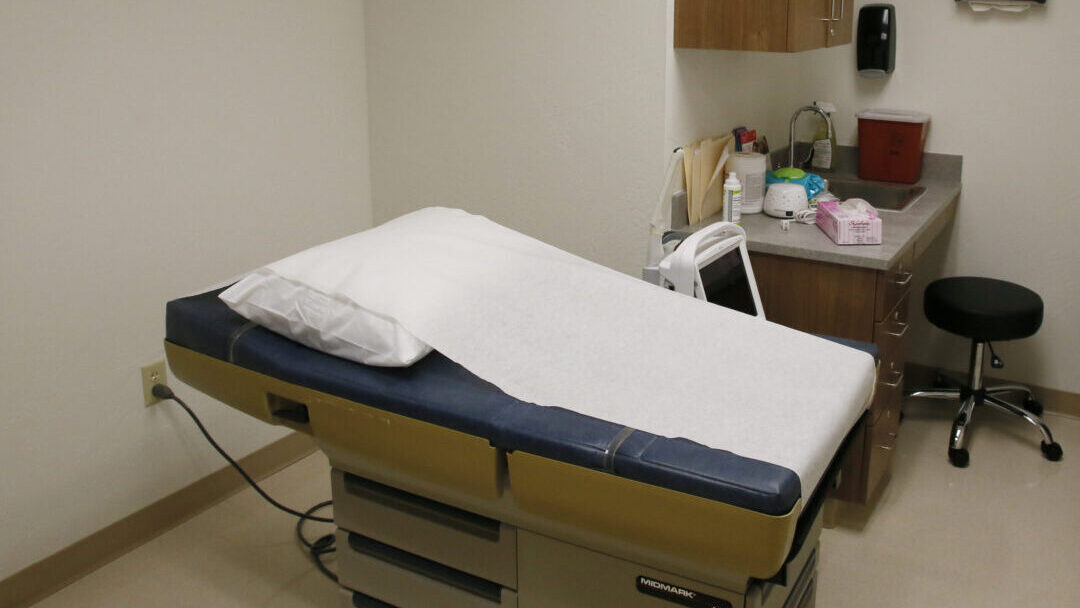Arguments begin in challenge to abortion ban medical exceptions
BLOOMINGTON, Ind. (WISH) — Two OB-GYNs with extensive experience providing abortion services said Wednesday that Indiana’s abortion ban is too narrow and puts lives at risk.
This week’s trial in Monroe County marks the first time anyone has held a trial over the merits of the ban itself. Previous court hearings have been over efforts to block the ban while lawsuits move forward. The lawsuit seeks to expand the scope of the ban’s medical exemption, which allows abortions up to 20 weeks or fetal viability in order to prevent serious health risks.
Dr. Amy Caldwell, an OB-GYN with IU Health, told a special judge assigned to the case that she is one of only two physicians currently able to perform abortions in Indiana under the ban. Both are based in Indianapolis. She said IU Health has a rapid response team of medical and ethics experts on standby for cases in which an abortion might be necessary for medical reasons.
Caldwell said she doesn’t know if she can make the final decision whether to proceed under the law but she always waits for two maternal-fetal medicine OB-GYNs to sign off before she performs such a procedure. MFMs, as they are called, specialize in high-risk pregnancies.
Caldwell said she sees two such cases a week on average. She and Dr. Steven Ralston, the director of the Maternal-Fetal Medicine Division at Tufts Medical Center, said no two pregnancies are exactly the same. Both testified the same condition might be treatable with other interventions in one person, yet another person might have such severe symptoms, ending the pregnancy is necessary. Examples include extreme uncontrolled vomiting or premature water breakage.
Ralston said he didn’t think the law’s protections for reasonable medical judgment are sufficient because doctors might come to different conclusions based on their own beliefs. He said the law’s terminology also doesn’t match accepted medical terminology.
“How high does a risk have to be before it’s serious? What does substantial mean?” he said. “So I think that there are things in here that are phrased in a way that, it’s just not the way that we talk to patients about risk.”
The trial goes through Friday. The state has not yet called its own witnesses in defense of the ban.
Judge Kelsey Hanlon will issue a ruling at a later time.



